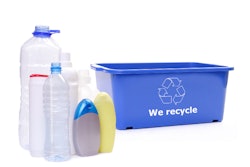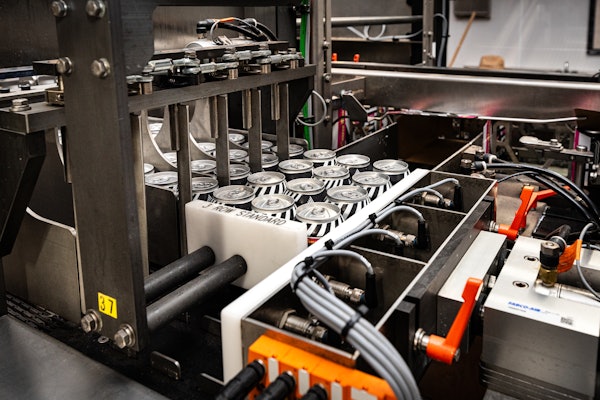Biodegradable plastics offer innovative solutions to improve recycling quality by facilitating the means for more efficient separate waste collection. This has been confirmed by a new study concerning the effects of biodegradable plastics on plastics recycling streams in Italy, where all single-use carrier bags have to be compostable since 2011.
Analyzing the quality of recycled plastics from 19 waste sorting and recycling facilities around the country, Corepla: National Consortium for the Collection and Recycling of Plastic Packaging found that compostable plastics only made up 0.85% of the plastic input. Similar studies by the University of Wageningen show that there are no negative effects on the properties of recycled plastics containing starch film and PLA recyclates. Biodegradable plastics are designed to be treated in industrial composting plants. If they do enter mechanical recycling streams due to misthrows, they can easily be sorted out by available sorting technologies such as near infrared, as recent tests by the German research institute Knoten Weimar show.
Biodegradable plastics facilitate separate collection of bio-waste and help to divert organic waste from other recycling streams. Yet, the contamination of organic waste streams by misthrows of non-compostable plastics is high and constitutes a real problem for composting facilities. The Italian Composters Consortium, in cooperation with Corepla, conducted tests in 27 composting plants in Italy and found that the contamination of organic waste by non-compostable plastics reaches up to 3.1% in average.
“The results of these studies carried out in real-life conditions in recycling plants confirm that investments in the modernization of the waste management infrastructure and mandatory separate waste collection is necessary in order to improve the quality and quantity of plastics recycling,” says Hasso von Pogrell, Managing Director of European Bioplastics.

























